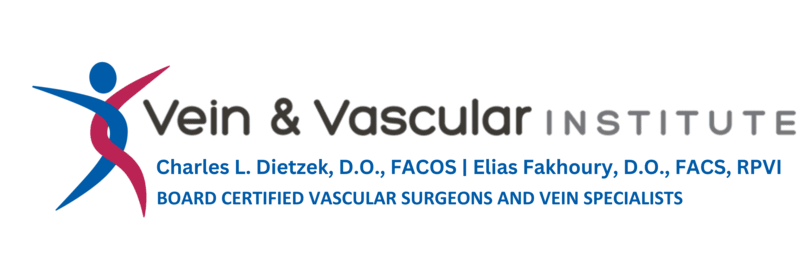If your doctor has requested for you to have a venous Doppler test performed, it could be to look for the reasons why you have varicose veins. It helps to look for the basic causes of varicose veins and associated problems, such as blood clots and narrowing of the veins. This is typically an alternative test to procedures like the venography or arteriography, both of which are more invasive.
Table of Contents
ToggleWhy You Need Vein Testing
There are a few different reasons you might need to get vein testing performed. First of all, children sometimes need the test in order to find out the correlation between a problem artery and a vein. In adults, it is often used to map out the veins due to blocked blood vessels and to find out why a leg keeps swelling, which is often the result of blood flow problems in the veins. A doctor might also request the venous Doppler test to look for proper placement of a catheter in a varicose vein being treated or to check a blood vessel graft during dialysis treatment.
Vein Conditions it Tests For
This type of test is good for diagnosing and determining treatment for a wide range of conditions, not just for varicose veins. For example, you may need this test if you have frequent blood clotting, bulging arteries, a blocked artery, or heart valve defects. Doctors also recommend it if you have a narrowing of an artery in your neck or lower decreased blood circulation in your legs, commonly due to peripheral artery disease.
How the Venous Ultrasound Test Works
Wth the venous Doppler test, there is first a clear gel applied to the skin, then the Doppler is moved over that area of the skin to get images of the veins underneath the skin’s surface. This works similar to getting an ultrasound for another purpose. It is non-invasive procedure that doesn’t cause any pain. It takes about 20-30 minutes to complete, depending on how many images need to be taken.
The venous ultrasound for venous Doppler offers safe imaging that is very easy to use. While some patients do experience mild sensitivity, it shouldn’t be painful. The soft tissues and veins that don’t show up with a regular x-ray imaging procedure can show up with the Doppler.
If you’ve been told that you need testing with a venous Doppler for varicose veins, blood clotting, bulging arteries, or a heart valve problem, contact Vein & Vascular Institute to set up an appointment for testing. Call us at 856-306-5735 or complete our online contact us form.
